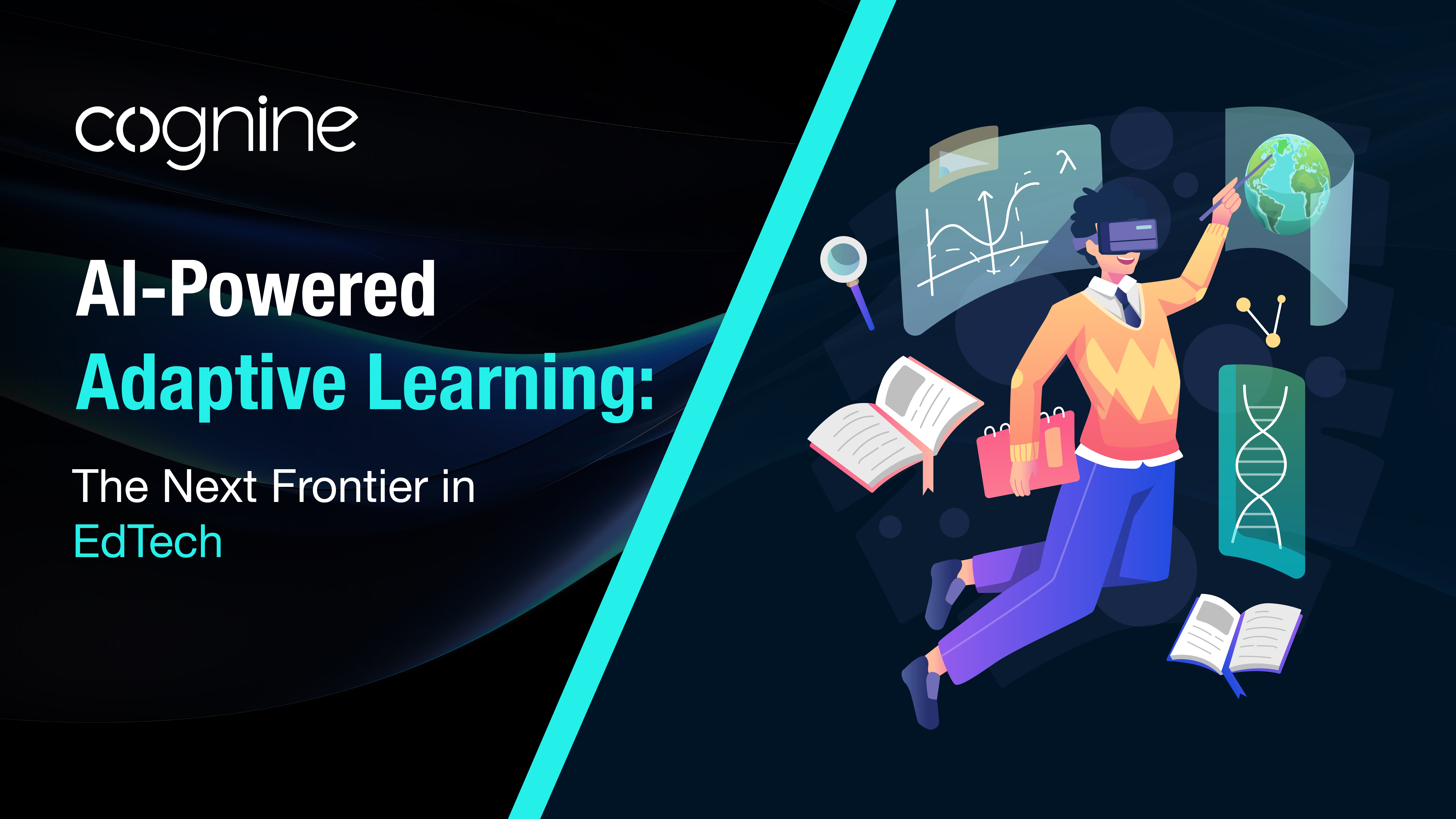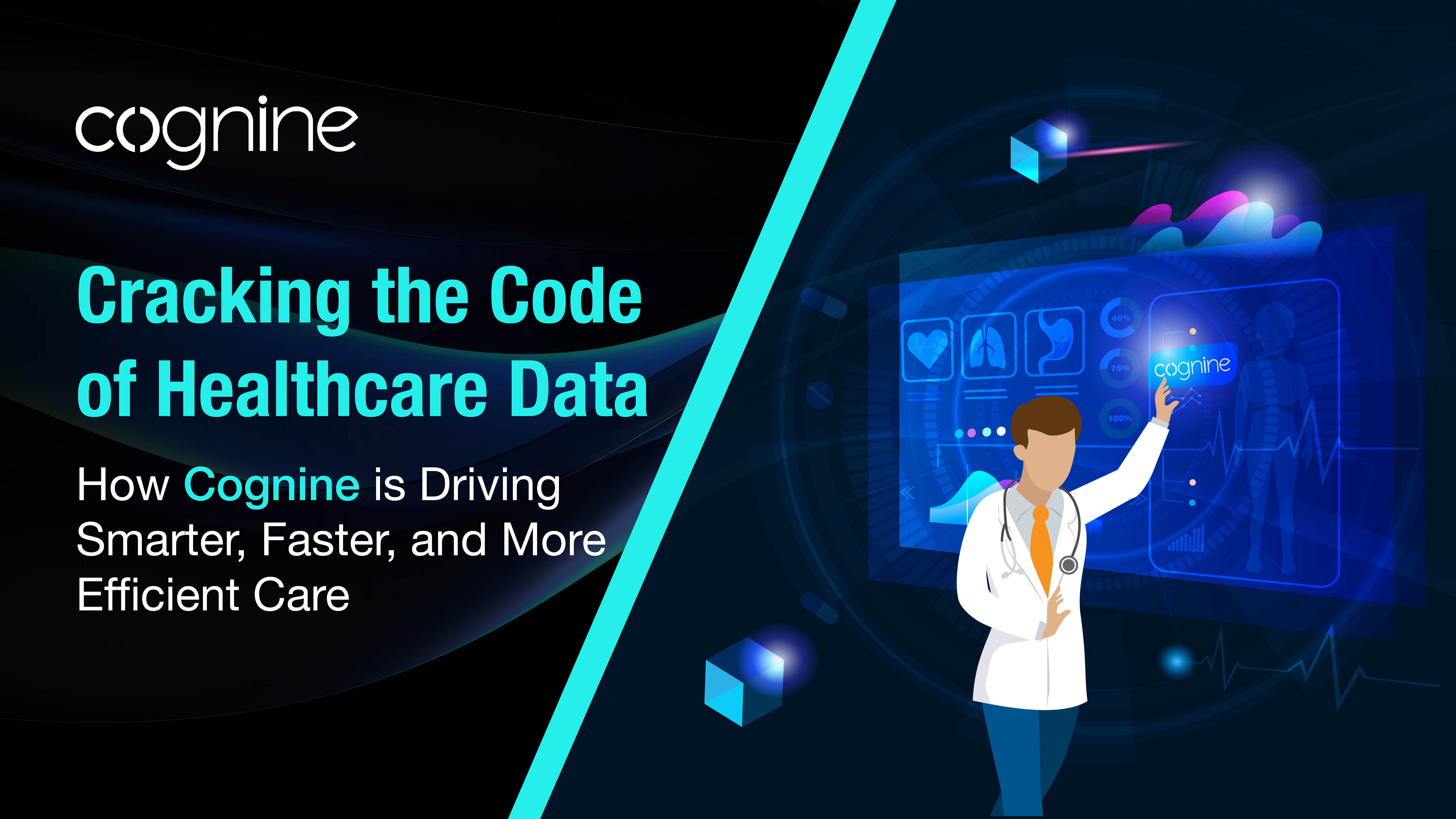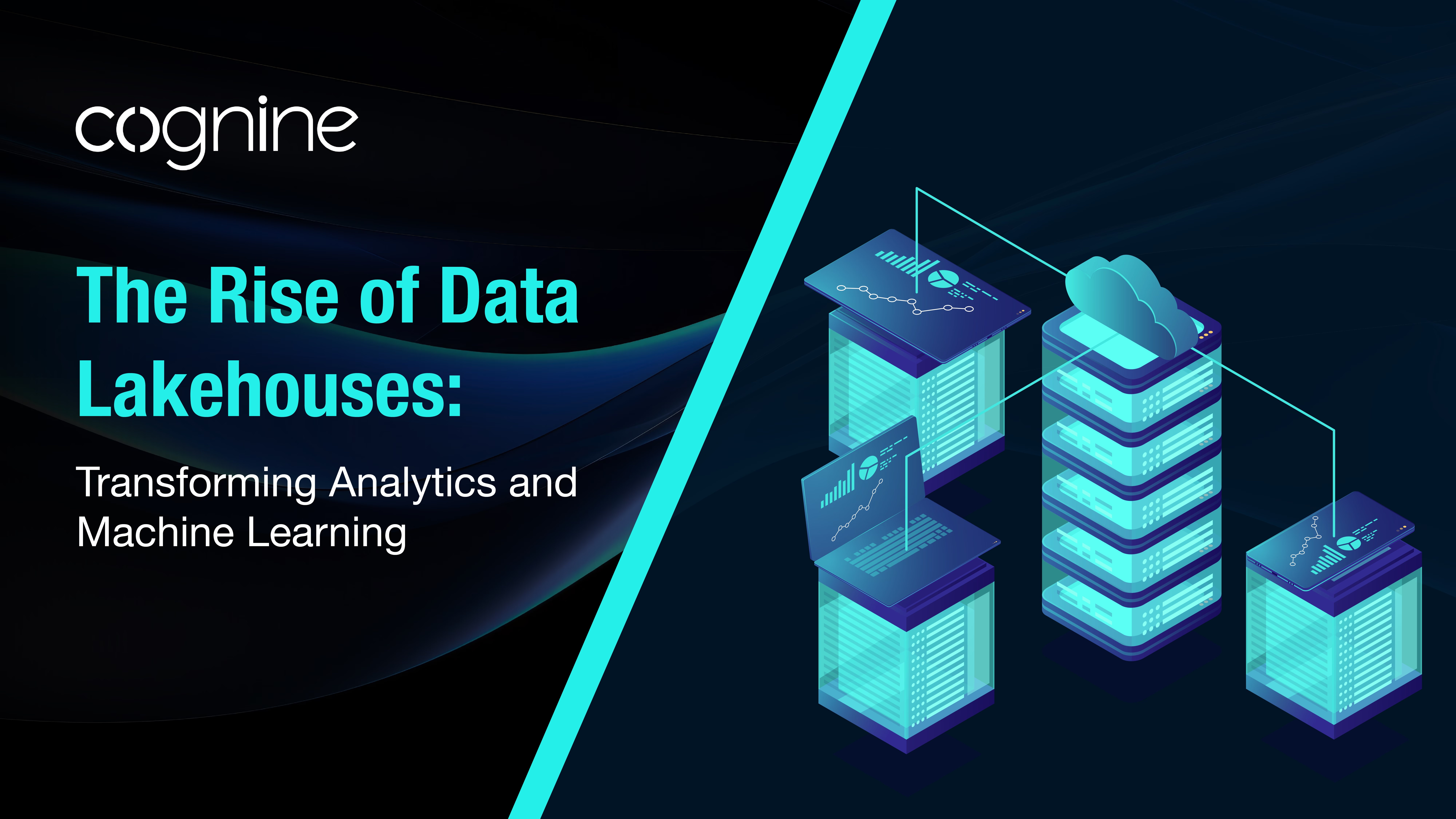The Evolution of AI Agents and What’s Next for Compound AI Systems
As we move deeper into 2024, the advancements in AI agents and compound AI systems have already begun to reshape industries and redefine what’s possible. But while these technologies have proven their value, the real excitement lies in what’s coming next. The horizon is rich with possibilities, as AI continues to evolve beyond current capabilities, setting the stage for even more profound changes in the way we live, work, and innovate.
AI Agents Becoming Autonomously Creative

We’ve seen AI agents perform tasks, make decisions, and solve problems with increasing sophistication. The next leap? AI agents that don’t just respond to problems but actively create solutions. These Generative Agents represent a shift from reactive AI to proactive innovation engines.
Imagine AI agents that help companies not only refine existing products but also invent entirely new ones. These agents could analyze market trends, customer feedback, and technological advancements to propose innovative ideas, generating designs, business models, or strategies autonomously. This could revolutionize industries like fashion, where AI could design new clothing lines based on emerging trends, or in business, where AI agents could suggest novel approaches to untapped markets.
Self-Improving AI Systems: The Age of Autonomous Learning

The future of AI is one of continuous improvement, driven by systems that learn and evolve on their own. We are entering an era where self-improving AI systems will become the norm. Through technologies like AutoML (Automated Machine Learning), AI agents will not just perform tasks but refine their processes over time, learning from new data and optimizing their performance without human intervention.
Consider an AI system in a dynamic industry like finance, where market conditions change rapidly. A self-improving AI agent could automatically adjust its algorithms to better predict stock movements or optimize trading strategies, ensuring that it remains effective even as the landscape shifts. This level of adaptability will make AI indispensable in fields where precision and real-time responsiveness are critical.
AI Agents with Emotional Intelligence
One of the most exciting frontiers for AI is the development of emotional intelligence (EQ) within AI agents. While AI has mastered logical problem-solving, the ability to understand and respond to human emotions is what will take AI interactions to the next level. Future AI agents will not just interpret the words we use but also grasp the emotions behind them, making them invaluable in roles that require empathy and nuanced human interaction.
In customer service, for instance, an emotionally intelligent AI agent could detect frustration in a customer’s voice or text and adjust its responses to be more comforting and supportive, turning a negative experience into a positive one. In mental health care, AI agents could offer personalized support, recognizing when someone might be struggling and offering timely, empathetic interventions.
AI Agents in Decentralized Systems and Web3
The rise of decentralized applications (dApps) and Web3 technologies is creating new opportunities for AI agents to operate in environments where trust, transparency, and autonomy are paramount. In decentralized finance (DeFi), AI agents could manage complex financial operations, executing trades, optimizing portfolios, or even participating in decentralized autonomous organizations (DAOs) without human oversight.
These AI agents will play a crucial role in the evolution of Web3, managing interactions in decentralized ecosystems where traditional hierarchies and intermediaries are absent. By autonomously verifying transactions, managing smart contracts, or even moderating content on decentralized platforms, AI agents will help build the trust and efficiency needed for Web3 to reach its full potential.
AI Agents and Ethical Decision-Making
As AI agents take on more responsibilities, the ethical implications of their decisions become increasingly important. The future will see AI agents involved in making decisions in ethically complex situations, where human values and fairness must be carefully considered. This will drive advancements in explainable AI (XAI), ensuring that AI systems are not only making the right decisions but can also explain the reasoning behind them in a way that humans can understand.
Imagine AI agents assisting in legal systems, where they could analyze vast amounts of case law and evidence to suggest rulings. These systems would need to be transparent and fair, ensuring that decisions are free from bias and rooted in justice. As AI becomes more ingrained in decision-making processes, ensuring that these systems are ethically sound will be paramount.
AI-Enhanced Human Potential: Co-Creating the Future

The future of AI isn’t just about machines doing more—it’s about how humans and AI can work together to create something greater than either could achieve alone. This idea of AI-Enhanced Human Potential suggests a world where AI agents and humans co-create, innovate, and solve problems in tandem, each complementing the other’s strengths.
In engineering, for instance, AI agents could suggest design improvements or alternative materials that humans might overlook, while human engineers provide the creative intuition that machines lack. In research, AI could propose new hypotheses based on data patterns, with human scientists conducting experiments and interpreting the results. This partnership between AI and human intelligence will unlock new levels of innovation and efficiency.
A Glimpse Into the Future
As we look beyond 2024, the evolution of AI agents and compound AI systems promises to continue pushing the boundaries of what’s possible. From autonomously creative agents to self-improving systems and emotionally intelligent AI, the future is one of endless possibilities. At Cognine, we are not just observing these trends—we are actively shaping them, helping businesses harness the power of AI to drive innovation and success.
Stay with us as we explore the frontiers of AI, and join us in co-creating a future where AI agents don’t just work for us—they work with us, making the impossible possible.
Get In Touch
Quick links
Privacy Policy | Copyright ©2025 Cognine.





